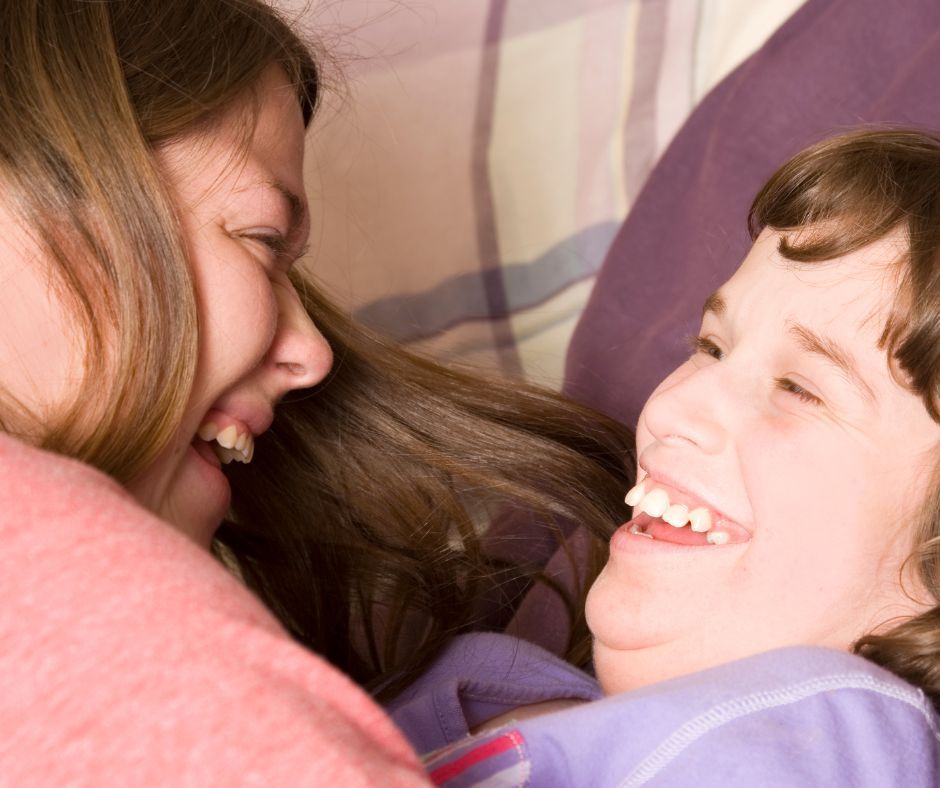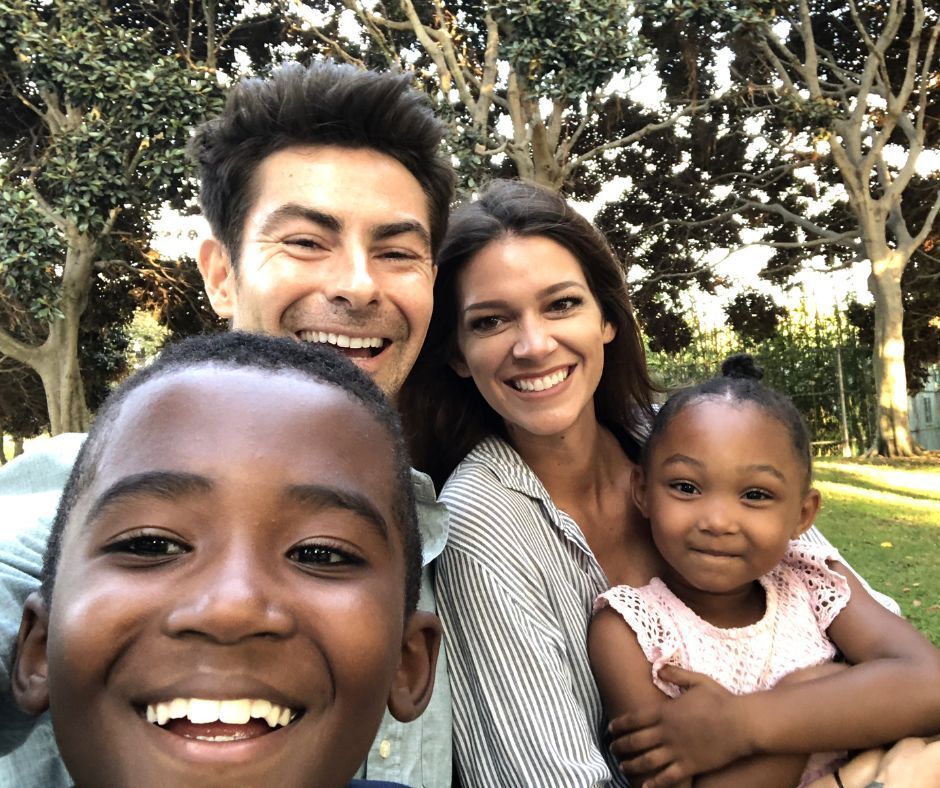Resources

As a parent, I have spent years being afraid. Too much of my parenting was driven by fear—shaping my decisions, tightening my grip, and setting the emotional thermostat of our home.
I didn’t know how to stop being afraid, because the things other parents only worried might happen?
They were actually happening to our c

Children who come from early adversity or chronic stress grow up in environments where their nervous systems are constantly trying to survive. Because of this, they receive a steady stream of confusing, conflicting messages—messages that shape how they see themselves long before they can put words to the pain.

Even God Wanted a Peaceful Home
My husband loves peace. When we first got married, I wondered what on earth was wrong with him. It was like he just refused to argue with me. I think it was partly my age (19) and partly my personality, but I actually enjoyed a bit of conflict here and there. If someone offend




